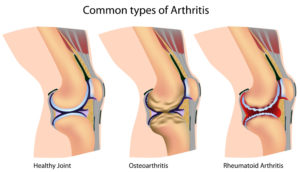There are benefits and controversies surrounding Genetically Modified Organism (GMO) foods. These are plant crops and animals that have been modified and achieved by DNA manipulation and biotechnologies. With this the seed or animals are genetically modified to meet the needs of consumers. Making consumers look at the supply and demand of these crops and animals in our nation.
The benefit of the these GMO crops is it will enhance taste and quality of produce. GMO crops are reduced in maturation time. There is an increase in nutrients, yields, and stress tolerance. Improved resistance to disease, pests, and herbicides. With these crops there are new products and growing techniques for farmers.
As far as GMO livestock the animals will increase in resistance, productivity, hardiness and feed efficiency. Better yields of meat, eggs and milk. Improved livestock health and diagnostic methods.
GMO corporate claims as the impact of the environment is that GMOs are “friendly” bioherbicides and bioinsecticides. Conservation os soil, water, and energy. Better natural waste management. They claim more efficient processing. GMO corporations fight that they provide increased food security for growing populations .
Here are the controversies surrounding GMOs. First and foremost if the safety of GMOs as they have potential human health impacts, including allergens, transfer of antibiotic resistance markers, and the unknown effects. The potential of environmental impacts, including unintended cross pollination, unknown effects on the soils and microbes and loss of flora and fauna biodiversities.
There is a fear of domination of world food production by few corporations. Increasing our dependencies on industrial nations by developing countries. Biopiracy, or foreign exploitation of natural resources.
As far as ethics go; there is a violation of natural organisms’ intrinsic value. The effects of tampering with nature by mixing genes among species. There are many objections to consuming animal genes in plants and visa versa. Along with the concern of the stress this puts on animals.
Labeling is not mandatory in some countries including the united States of America. Mixing GM crops and non-GM products confounds labeling attempts. This new advance might be skewed to interests of rich countries.
There is a lot that we have not heard as far as the longterm impact GM crops will have on our health and environment. Until, we have all of the facts it should be advised to choose GMO free foods. We have one body, fuel it smartly.
Disclaimer: These statements have not been evaluated by the FDA. These products are not intended to diagnose, treat, cure, or prevent any disease.






